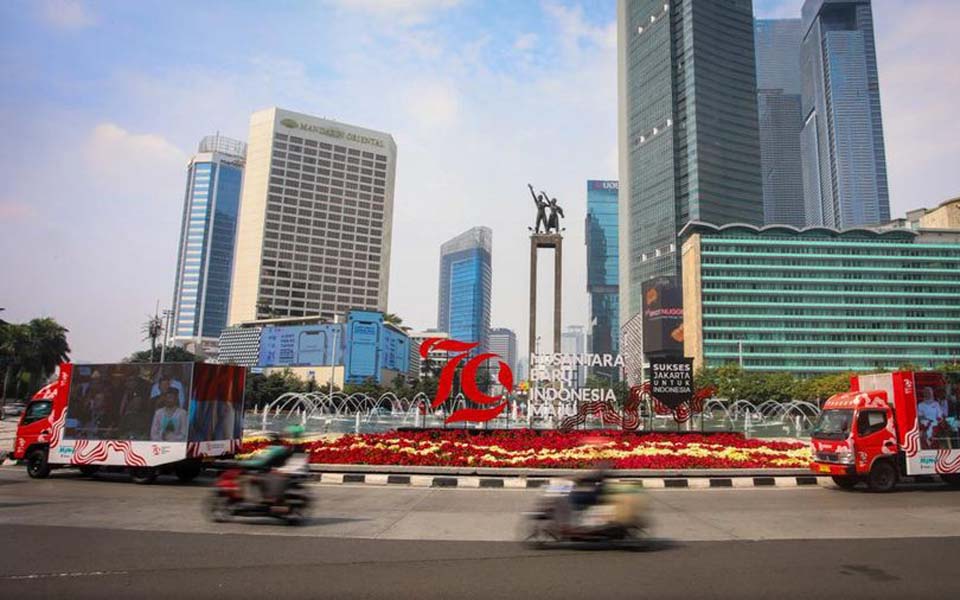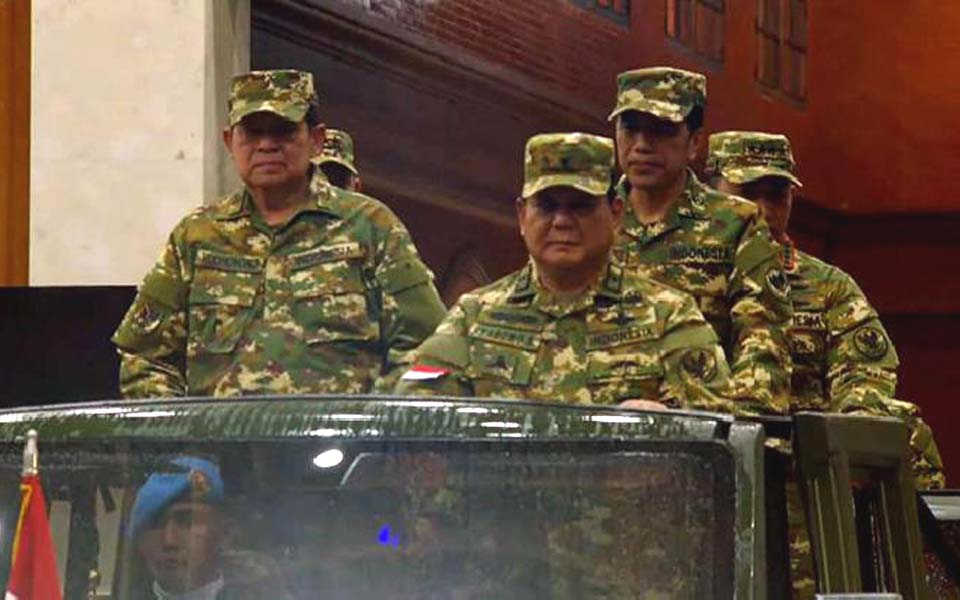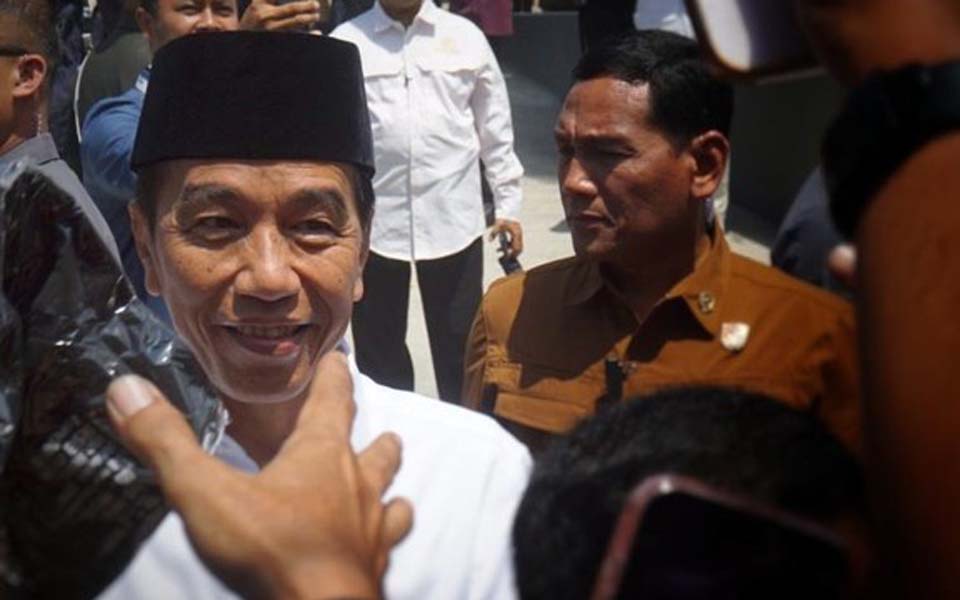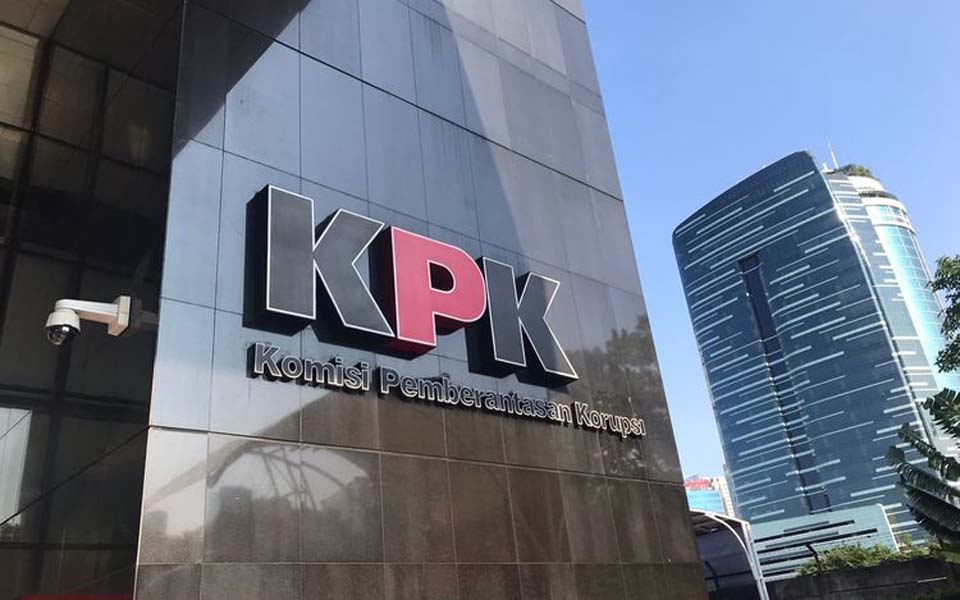Sultani – The public’s assessment of the performance of President Susilo Bambang Yudhoyono’s administration over the last year has shown progressive signs that they have had enough. The public is increasingly apathetic towards the measures being taken by government to improve the nation. Enthusiasm for the administration’s performance has stagnated, neither improving or declining.
Entering into its 36th month or third year in office, in relative terms the administration has not issued any controversial policies. There have been no challenges against the government so that there have almost been no significant upheavals in society. The government has proceeded very carefully and there has been almost no real progressive breakthrough to improve the condition of the nation.
It is this style of leadership that has made the public reluctant to again give higher levels of trust to the administration. This reluctance is reflected in the publics oblique assessment of President Yudhoyono’s style of leadership in resolving the nation’s various problems.
This phenomena has been revealed in a number of Kompas surveys that specially focusing on the administration of President Yudhoyono and Vice President Jusuf Kalla over the last three years. The surveys -- done periodically every three months -- are conducted in order evaluate the government’s performance in economics, politics, law enforcement and social welfare.
Rupiah unsteady
The economic issue that has stood out over the last three months still revolves around the problems of inflation and the rate of exchange of the rupiah, which of late has been unsteady. The public feels that inflation is linked with increases in the price of basic goods and commodities (sembako) during the fasting month and the Lebaran holidays.
Only 22.9 percent of respondents feel satisfied with government policies to maintain the stability of the price of goods and services. Meanwhile 76.2 percent of respondents are dissatisfied with the government’s price stabilisation policies.
This figure is not very different from that that expressed by respondents in previous surveys conducted over a the last three to nine months. Over the three surveys that were organised, it revealed that only 20 percent of respondents are satisfied with the Yudhoyono administration’s performance in controlling the price of goods and services. Whereas one year ago, as many as 30.7 percent of respondents still gave a positive response.
The other economic issue that is still susceptible to economic stability is the problem of the a rate of exchange of the rupiah against the US dollar. Since the economic crisis brought the country to its knees ten years ago, the exchange rate of the rupiah against the US dollar has continued to fluctuate. Yudhoyono’s three predecessors also experienced similar problem in stabilizing the exchange rate.
Around 37 percent of respondents said they were satisfied with the government’s current performance in defending the exchange value of the rupiah while 53.9 percent are still dissatisfied. Respondent’s level of satisfaction with the strength of the rupiah has stagnated over the last year.
In surveys conducted between three and nine months ago only around 30 percent of respondents were satisfied with the government’s performance in strengthening the rupiah.
In general terms, the public’s view of the government’s performance in improving the national economy is still negative. Only around one out of three (33.6 percent) percent of respondents said they felt positively about the measures the government it taking in the economic filed. More than half (65.3 percent) said they were dissatisfied with the government’s economic performance over the last three months.
This dissatisfaction was also recorded in previous surveys over the year. Apparently there has yet to be any significant government policies in the economic field that are able to generate a positive sentiment from the public.
Separatist movements
In the political field, the separatist movements that have sprung up again in recent times have experienced a decline. Legal action taken by the government against those involved in flag raising actions of the South Maluku Republic in Ambon in June were appreciated positively by the public.
Likewise also the accommodative position towards local parties that have been hot news in Aceh, which are seen as having been able to quash demands for independence from these areas. Around 40 percent of respondents commend the Yudhoyono government’s efforts in overcoming the threat of national disintegration.
This is a significant improvement compared with three months ago when only 35.3 percent of respondents said they appreciated the governments ability to overcome the threat of national disintegration.
In terms of foreign relations, the Yudhoyono government has won a fair degree of public trust. The government’s diplomatic moves in the context of resolving cases of violence that have befallen Indonesian citizens in Malaysia has been very sympathetically received by the public. This is revealed from the 44.5 percent of respondents who said they were satisfied with the government’s diplomatic efforts. Although this is still less than half, it is a small increase in comparison with a similar evaluation three months ago, which had then plummeted to only 39 percent.
Eradication of corruption
The administration’s legal record over the last three months however is not as bright as its achievements in the political field. The government’s tardiness in following up on the findings of the World Bank and the United Nations on the issue of former President Suharto’s wealth overseas is a sign of the government’s lack of seriousness in dealing with those who commit corruption. President Yudhoyono’s stand on the eradication of corruption, collusion and nepotism (KKN) appears to have only been aggressive in the early period of his administration. The majority of respondents have a cynical view of the government’s performance in dealing with KKN. Only 30 percent of respondents still gave a positive response to the government’s efforts to eradicate KKN.
In addition to this, public safely problems are still considered to be an important issue for the public. Although admittedly the number of terrorist incidents has been far less over the last few years, the government has still unable to ensure there are no threats against public safety.
The frequently at which child abduction cases have been taking place recently has resulted in the public’s sense of safety being progressively undermined because of the threat of crime. Although 34.6 percent of respondents said they felt satisfied with the government’s efforts to deal with crime, 45.4 percent still believe that the government has not been able to provide an optimal sense of safety to the public.
The various assessments by respondents in the survey this time round may be liked with the public’s decline in trust with regard to President Yudhoyono’s ability to lead the administration. Since becoming president three years ago, the public’s trust of Yudhoyono has tended to decline in concert with the length of his administration. Moreover promises made during his presidential election campaign now appear to be just that, promises.
Two out of three respondents said that up until now the Yudhoyono administration has yet to turn promises to improve the economy, politics, justice and social welfare into a reality. The irony being that at a time when these promises are not being fulfilled there are a number of figures in the administration that have instead stated their ambition to nominate themselves as presidential candidates for the 2009 general elections. (Kompas Research and Development)
[Translated by James Balowski.]















